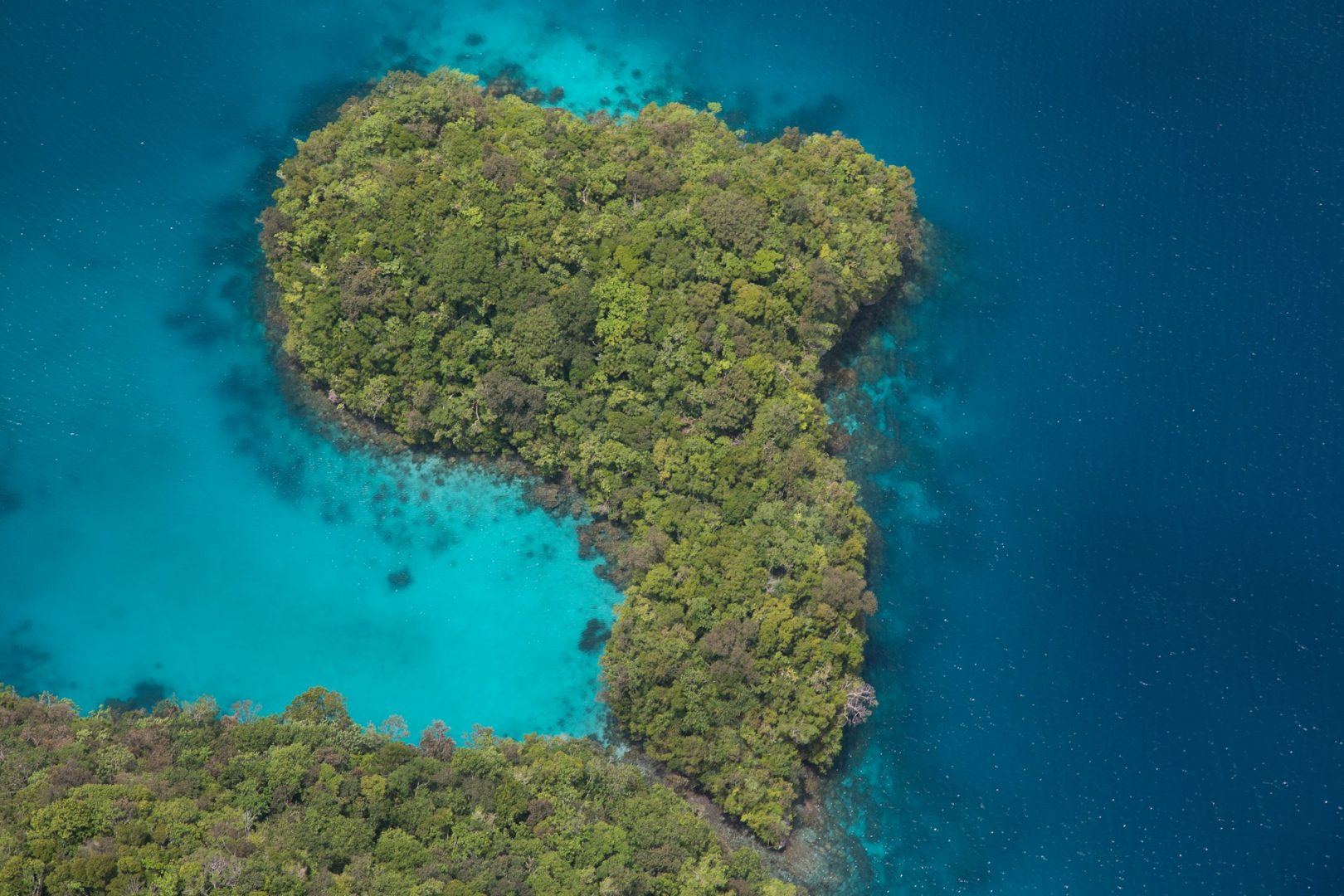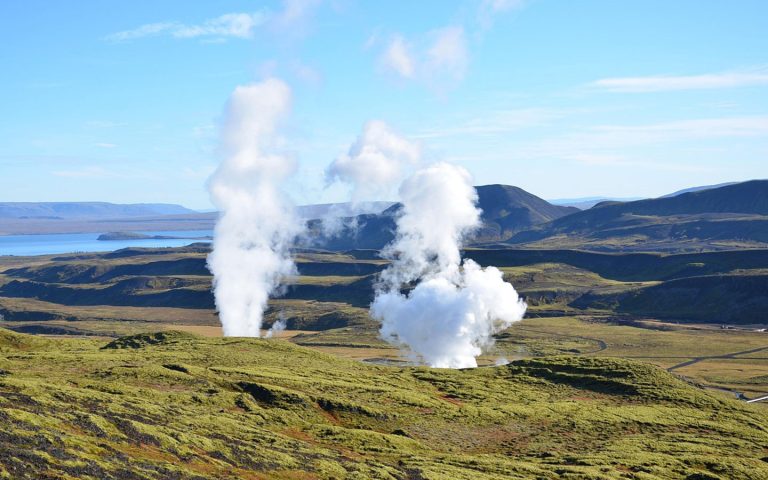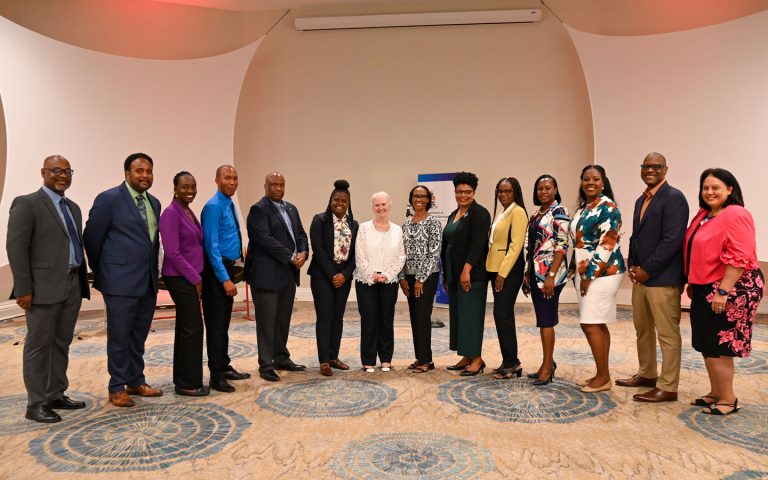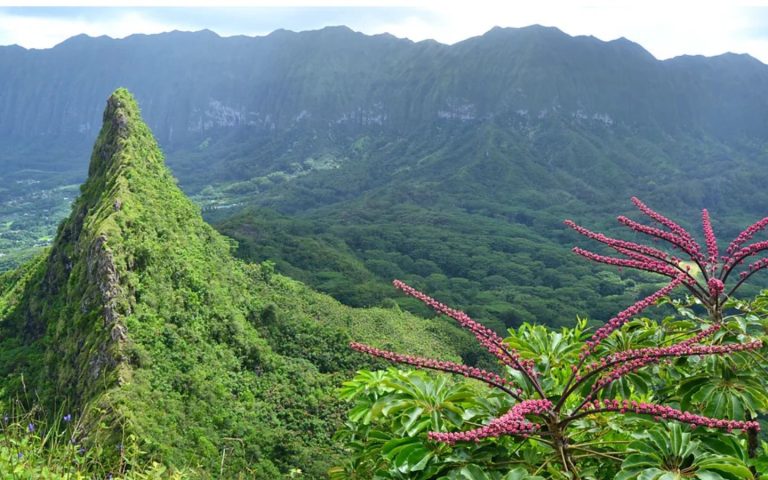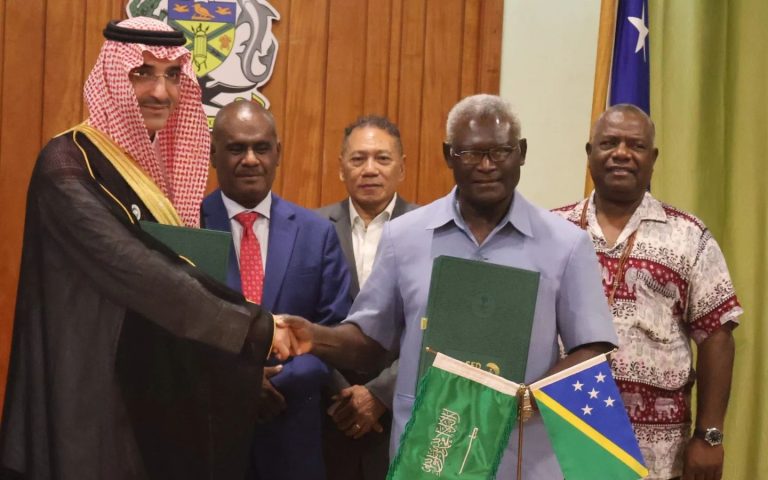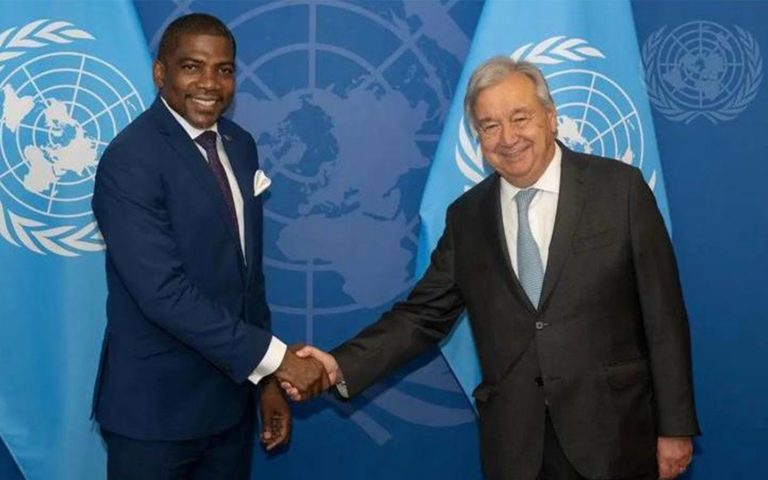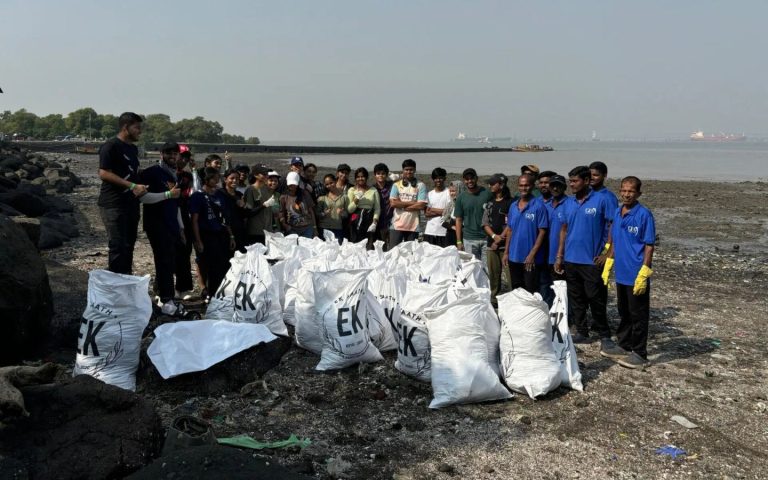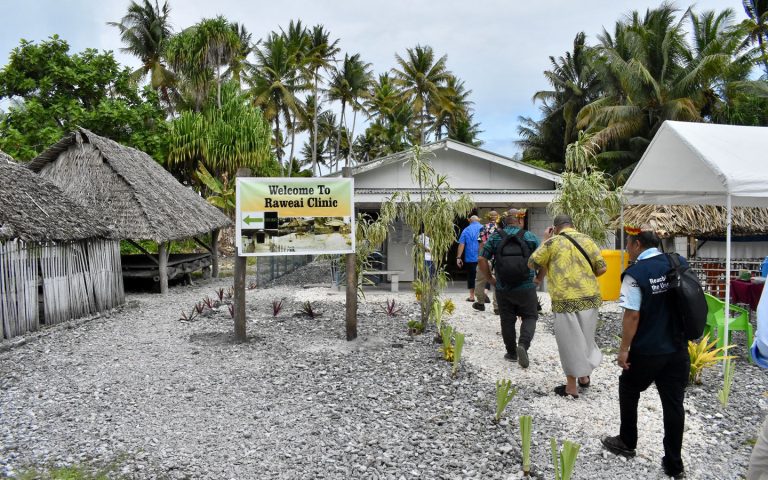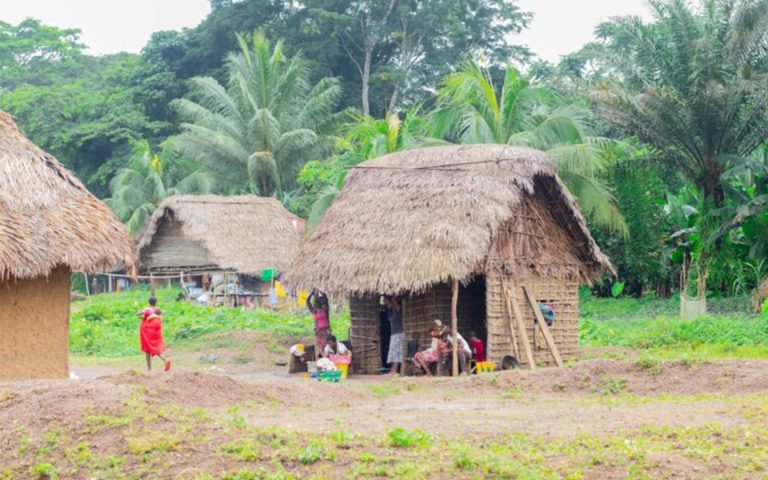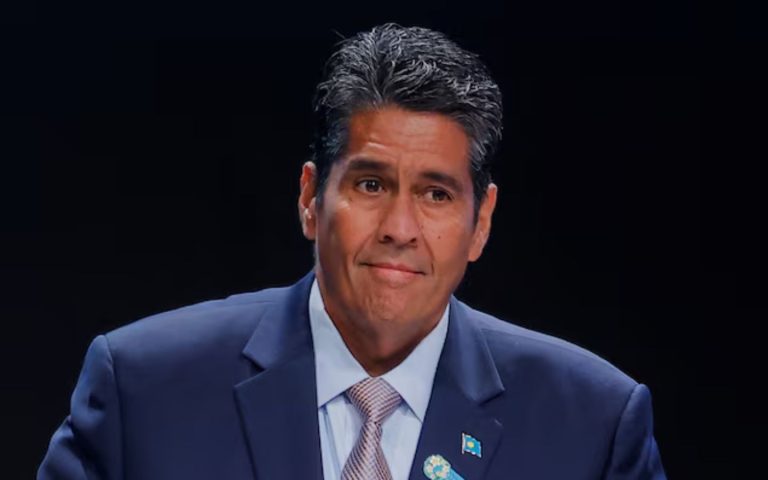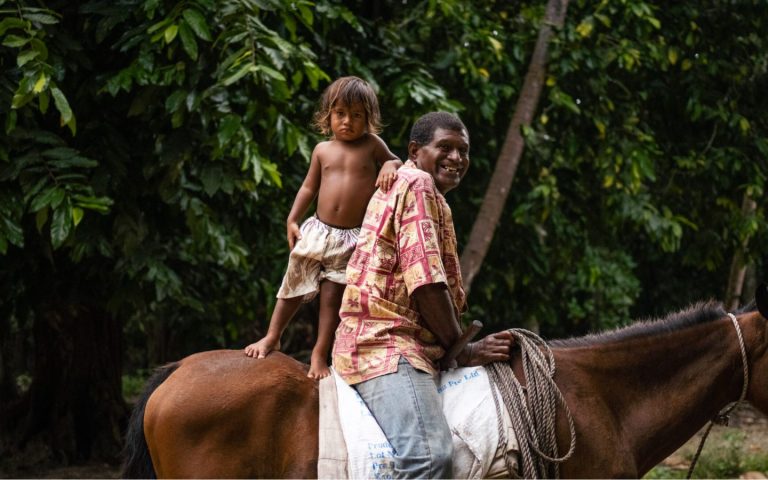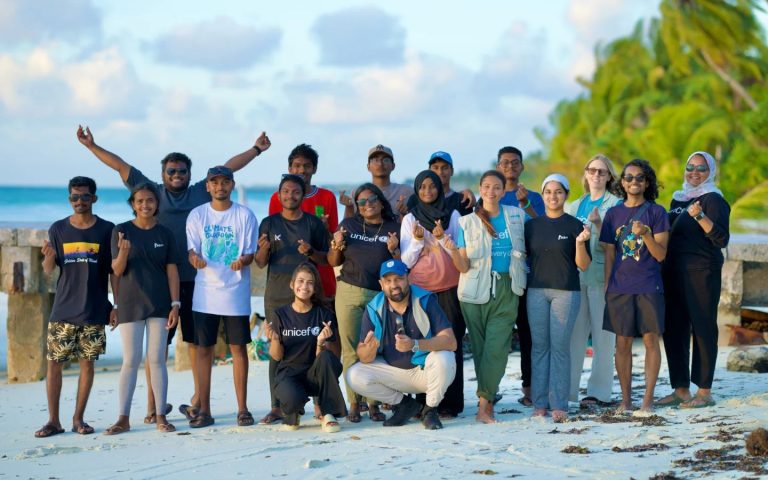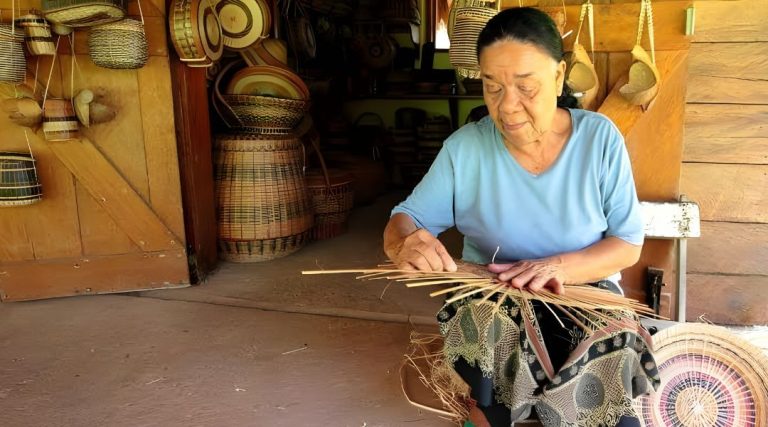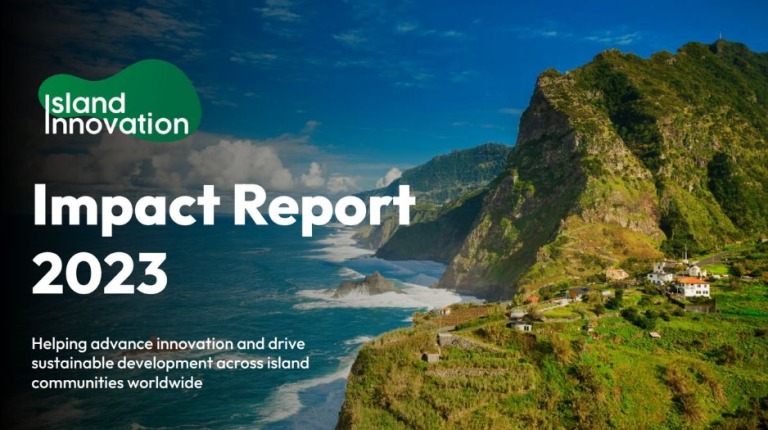Excerpt from news.mongabay.com
Palau has become the first nation to ratify the high seas treaty, a legally binding international agreement that seeks to protect and manage ocean areas beyond national jurisdiction. Other countries, including Chile and the Maldives, are engaged in their ratification processes, pushing the treaty closer to becoming international law.
The high seas treaty, also known as the BBNJ (biodiversity beyond national jurisdiction) agreement, will provide a legal framework for governing the high seas. This vast marine area covers two-thirds of the world’s oceans, but only 1% of it is currently protected. While there are many aspects of the treaty, three central components are a mandate to establish marine protected areas (MPAs) and other managed areas on the high seas, guidance on conducting environmental impacts and obligations for parties to share genetic material from any plant, animal or microbe that could benefit humanity.
The establishment of the high seas treaty has been under debate for nearly two decades, but U.N. member states finally reached a consensus to approve the treaty in March 2023. Then, in September, it opened for state signatures. As of this month, 85 countries have signed the agreement.

